We've moved! And we're happy to direct you to our new online spaces with exciting changes to make your visit even more worthwhile.
For access to informative and updated content, we recommend the following alternative websites:
The America's Plastic Makers' site has a wide array of information on the evolving story of plastic, including advancements in recycling technologies, sustainability solutions, emerging policies and more. Visit www.plasticmakers.org to explore helpful insights and resources.
Our main website covers a wide range of topics related to the products of chemistry, including sustainability, recycling, investment and safety. Access this valuable content at www.americanchemistry.com.
To access resources on specific topics, we have provided direct links below:
- Plastic Recycling Guide: Discover innovative solutions for plastic recycling.
- Advanced Recycling Technologies: Learn about our ongoing efforts to recycle significantly more plastics.
- Automotive Sustainability: Learn how carmakers are squeezing more miles out of a gallon of gas — and improving safety and performance — in part by replacing heavier materials with lighter weight plastic components.
- Building Sustainably: Learn how durable plastic building materials help drive down home energy use and greenhouse gas emissions. Thank you for your continued interest in America's Plastic Makers — we remain dedicated to delivering you valuable information.

